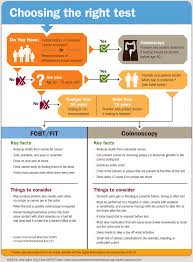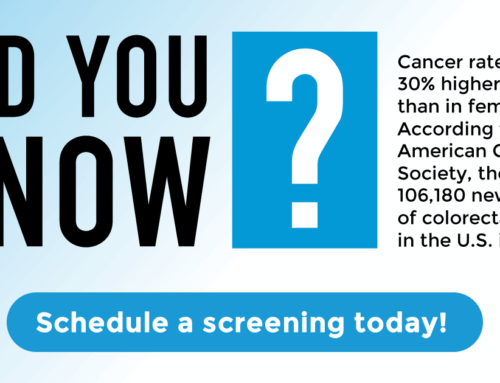There is a lot of information out there about colon cancer screening. Some of it is good information and some of it is not. One of my jobs as a physician is to help my patients decide which is which, and help guide them in their preventative health care choices. Colon cancer screening is something I take very serious. I have had colon cancer screening myself and I’ve made sure all my loved ones who are of the appropriate age have had a screening as well. There are different methods available out there for all types of health screening. I get questions all the time about the right way to screen for colon cancer. So how do we choose the right test?

Colonoscopy is the method I prefer and the one I had done myself. I have created a lot of information on my web site about colonoscopy advantages and how it is done – learn more about colonoscopy. One of the things to keep in mind when setting up a colonoscopy is who is going to be doing your exam. Remember, it’s your health, take the time to research the person that is going to be taking care of it for you. This is a computer age and there is all kinds of information out there about your physician. If there isn’t you should wonder why not. Don’t be afraid to ask them questions. They should be willing to talk about whatever you ask, if they’re not, you should wonder if they are the physician for you. I have recently written blogs about things like colonoscope cleaning, which is something you should ask your physician about and a blog about colonoscopy quality measures we have in place for colon cancer screening, which is also something you should ask them about. Colonoscopy should not be taken lightly by you or your physician. Colon cancer can and should be prevented. Do your homework- it’s your health!
Image: cdc.gov






